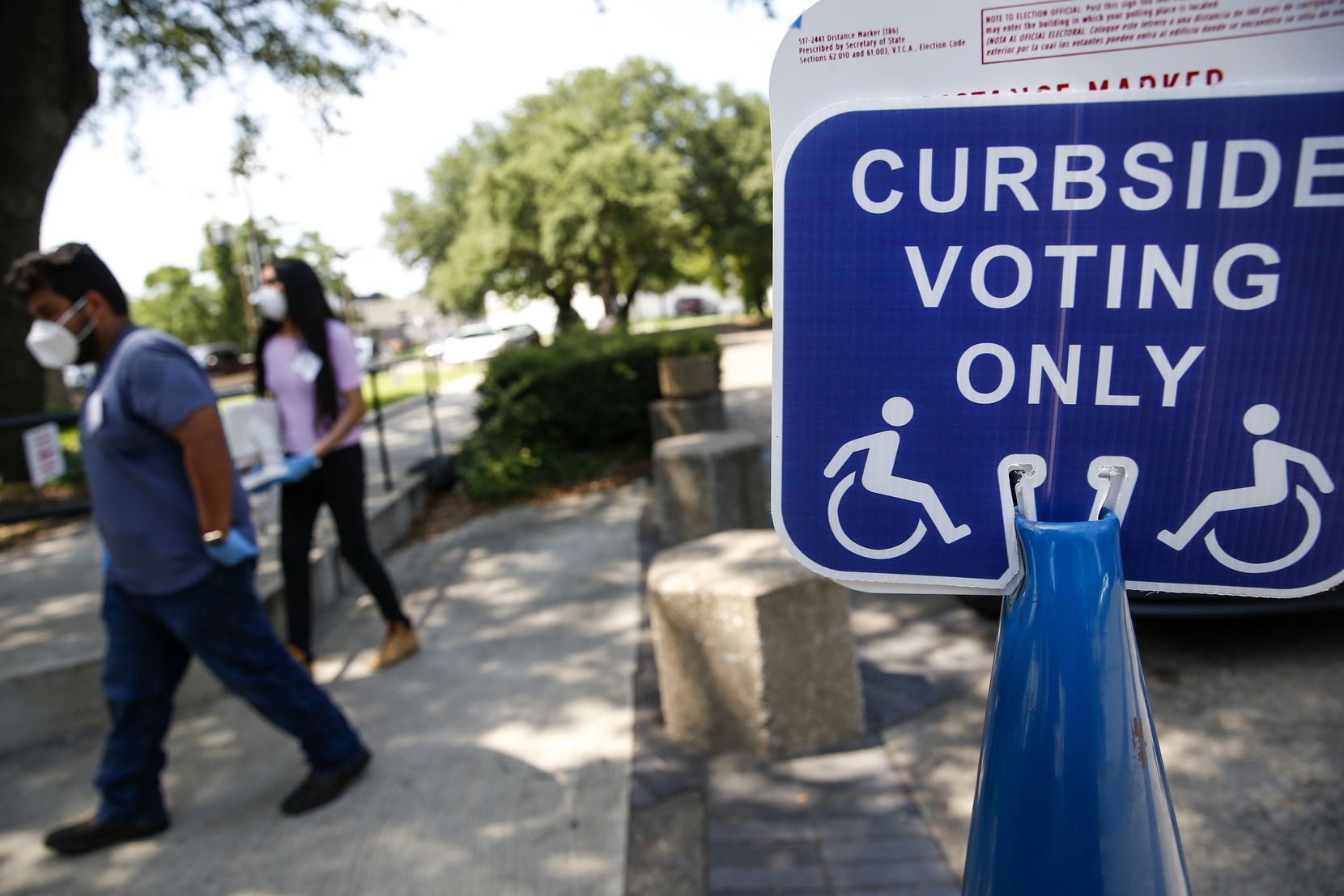Advertisement
Poll Watch
The results from this week’s elections and polls in swing states carry notes of caution for President Trump.

Welcome to Poll Watch, our weekly look at polling data and survey research on the candidates, voters and issues that will shape the 2020 election.
From governors’ houses to state assemblies, many Republican incumbents lost their seats on Tuesday — largely thanks to suburban Republican voters disillusioned with President Trump.
Since Mr. Trump’s rise in 2016, Republicans have seen their support slip in affluent suburbs such as those around Philadelphia and the Virginia counties near Washington, D.C. And Democrats on Tuesday notched big wins in those regions.
But election results and polling data suggest Mr. Trump’s support may also be threatened elsewhere: among the rural, less-educated voters who have so far formed his base.
A series of New York Times/Siena College polls of swing states conducted last month found that in the rural Appalachian counties of Pennsylvania — the vast majority of which Mr. Trump won in 2016 — only 44 percent of voters said they would definitely choose him over a Democratic candidate in 2020.
By comparison, Mr. Trump commanded the backing of well over 60 percent of voters in most of those counties in 2016 — reaching as high as 80 percent support in some of them.
In Kentucky, where the Democratic challenger, Andy Beshear, leads in the race for governor — though the Republican incumbent, Gov. Matt Bevin, has refused to concede — it was in the rural, Appalachian counties across the eastern part of the state where Mr. Bevin had the most trouble matching the level of support Mr. Trump had in 2016: Just 60 percent of voters in those counties went for Mr. Bevin, compared with the 78 percent who voted for Mr. Trump three years ago.
Much of this decline stems from Mr. Bevin’s personal unpopularity: His approval rating has remained under 50 percent since 2017, according to Mason-Dixon polling, partly driven by his high-profile attacks on public-school teachers and efforts to restrict access to Medicaid. Polls show that he is less liked than Mr. Trump throughout the state.
Still, there are warning signs for Mr. Trump within Mr. Bevin’s struggles. A Mason-Dixon poll conducted just before this week’s election found that in most parts of Kentucky, Mr. Trump’s favorability rating was just a few points lower than his share of the vote in 2016. But in those eastern, Appalachian counties, the president’s 67 percent favorability rating — while still high — sits 11 points below his 2016 vote share there. His support appears to have fallen more in rural eastern Kentucky than anywhere else in the state.
“Those are folks who have been left out of any economic recovery that the country has been experiencing,” Larry Harris, a pollster at Mason-Dixon, said in a phone interview.
“When Trump sells a good story about the economy and the like,” he added, it may not resonate with “the folks in eastern Kentucky and Appalachia and rural areas, where hospitals are closing” and where unemployment remains high.
The presidential election is still a year away, and much remains up in the air. Whom the Democrats nominate, and how the race plays out, will have a powerful effect on Mr. Trump’s prospects. But when combined with Tuesday’s results, the recent polls of swing states suggest that the president — whose approval rating nationwide is stuck in the low 40s and who faces the threat of impeachment — may not command enough loyalty from his core supporters to insulate him from losses among suburban voters.
In Iowa in 2016, exit polls showed Mr. Trump winning big among voters with only some college education, taking those voters by 18 points. But the recent New York Times/Siena College poll revealed that those voters are now split down the middle on whether to support him in 2020.
In Wisconsin, a similar story is playing out. Mr. Trump also won in 2016 by an 18-point margin among voters with some college education, according to exit polls, paving his way to an upset victory in that state, which had not voted Republican in a presidential election in over 30 years. But according to The New York Times/Siena College poll of Wisconsin voters, respondents with some college education are now just as likely to say they plan on voting Democratic as to say they are going to support Mr. Trump.



